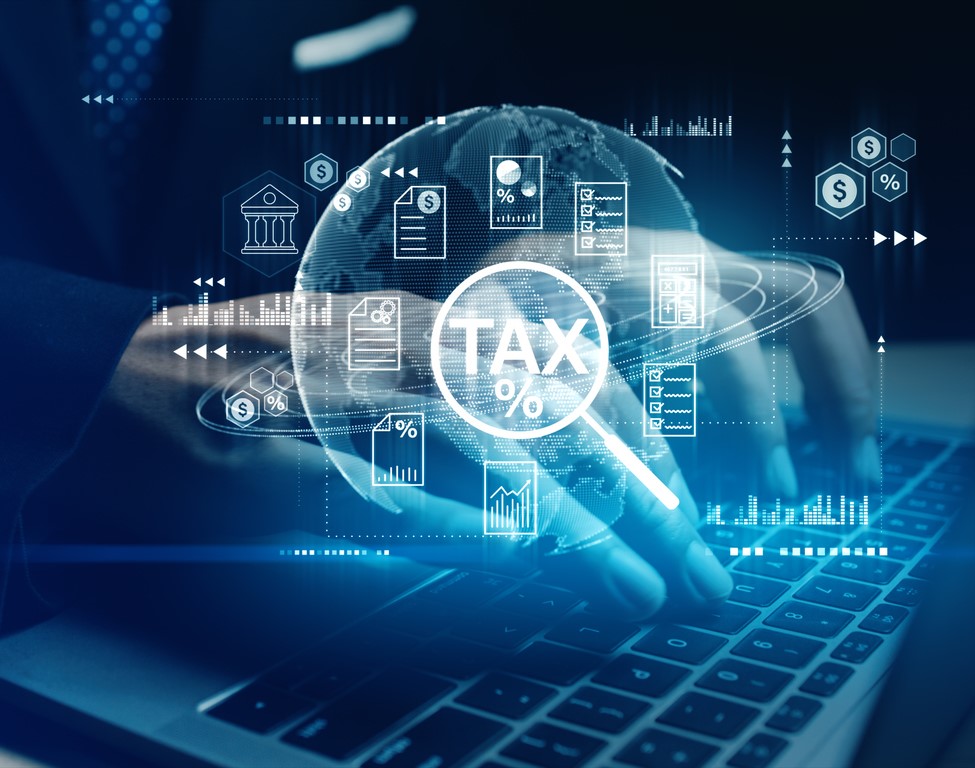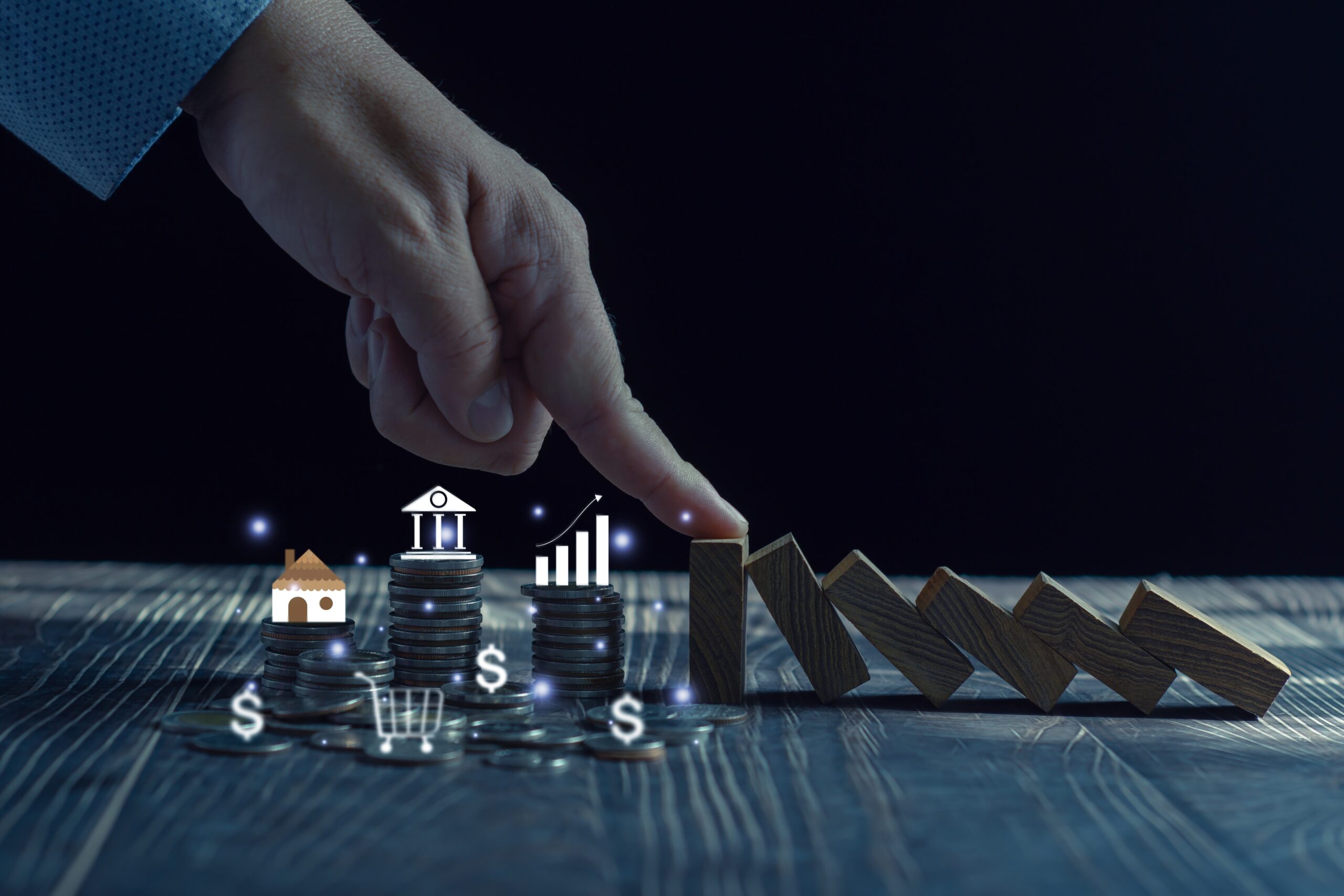Blockchain Simply Explained
Blockchain was a hot topic at the recent Economic Forum in Davos. Wall Street banks, incumbent financial services companies and venture capitalists are investing billions in research and startups developing this technology. The market hype surrounding the Bitcoin has a lot of people talking about cryptocurrencies but very few understand that Blockchain is much more than the technology driving cryptocurrencies, it is a revolution of the internet and is digitizing the global financial system like never before.
Rogers Capital has profound interest in Blockchain and wants you to learn about its disruptive effect in finance and other sectors beyond cryptocurrencies.
Building the internet of tomorrow
Web 1.0 – The internet of information
Being able to freely share copies of files and information across borders, between institutions and people lead to the internet of information. This is the first version of the Web as we know it so well.

Today, transactions and transfer of assets between unknown parties are not trusted over the internet due to the ease of copying and sharing digital information leading to frauds and counterfeited transactions. To create trust in the transfer of digital assets we pass transactions through multiple intermediaries to be validated, cleared and processed, and are stored on a single ledger maintained by a central authority, such as a bank in the case of financial transactions.
Note that central intermediaries have been necessary in forming the internet of information. However, we are all starting to be concerned about the freedom of central social media platforms that have the ability to collect tremendous amounts of personal data on their users causing worldwide security and privacy issues as seen in the recent Facebook data leaks to Cambridge Analytica.
Web 2.0 – Blockchain & the internet of value
“Blockchain, is bringing us the internet of value […] that can help us reshape the world of business and transform the old order of human affairs for the better.” – CEO of The Tapscott Group, Alex Tapscott.
In simple terms, the Blockchain enables the safe transfer of value from one party to another over the Internet without the need for a third-party. Value can be any form of ownership such as property, currencies, copyrights and any personal data — even a vote in elections.
The blockchain distributes the validation and storage of such transactions over many computers on the internet in the most secure and trusted manner. It is eliminating the need for a middleman slowing down transactions, asking for fees for their trust and gives users full control over their data.
In doing so, Blockchain’s effect on the transfer of value is comparable to what the e-mail did to the mail. It drastically reduces the cost and time of transactions and opens up real-time transfer of value across borders between people and institutions.

Blockchain builds trust to safely record and freely transfer valuable assets on the web leading to the internet of value. This revolution of the World Wide Web of trust and value is termed Web 2.0.
“Our vision is for value to be exchanged as quickly as information.” – Ripple
Potential applications are endless
Blockchain will enhance efficiency in all processes where a trusted middle-man can be replaced by the “Blockchain trust machine”, as termed by The Economist. The sectors affected range from Agriculture to Forestry & fisheries; Manufacturing & Supply Chains to Electricity, Gas & Water supply; Finance to Governance; Hotels & Restaurants to Transport, Storage & Communications.
The sectors above are just a glimpse of its potential applications, the possibilities are endless and the probability that your daily life will be affected is certain.


